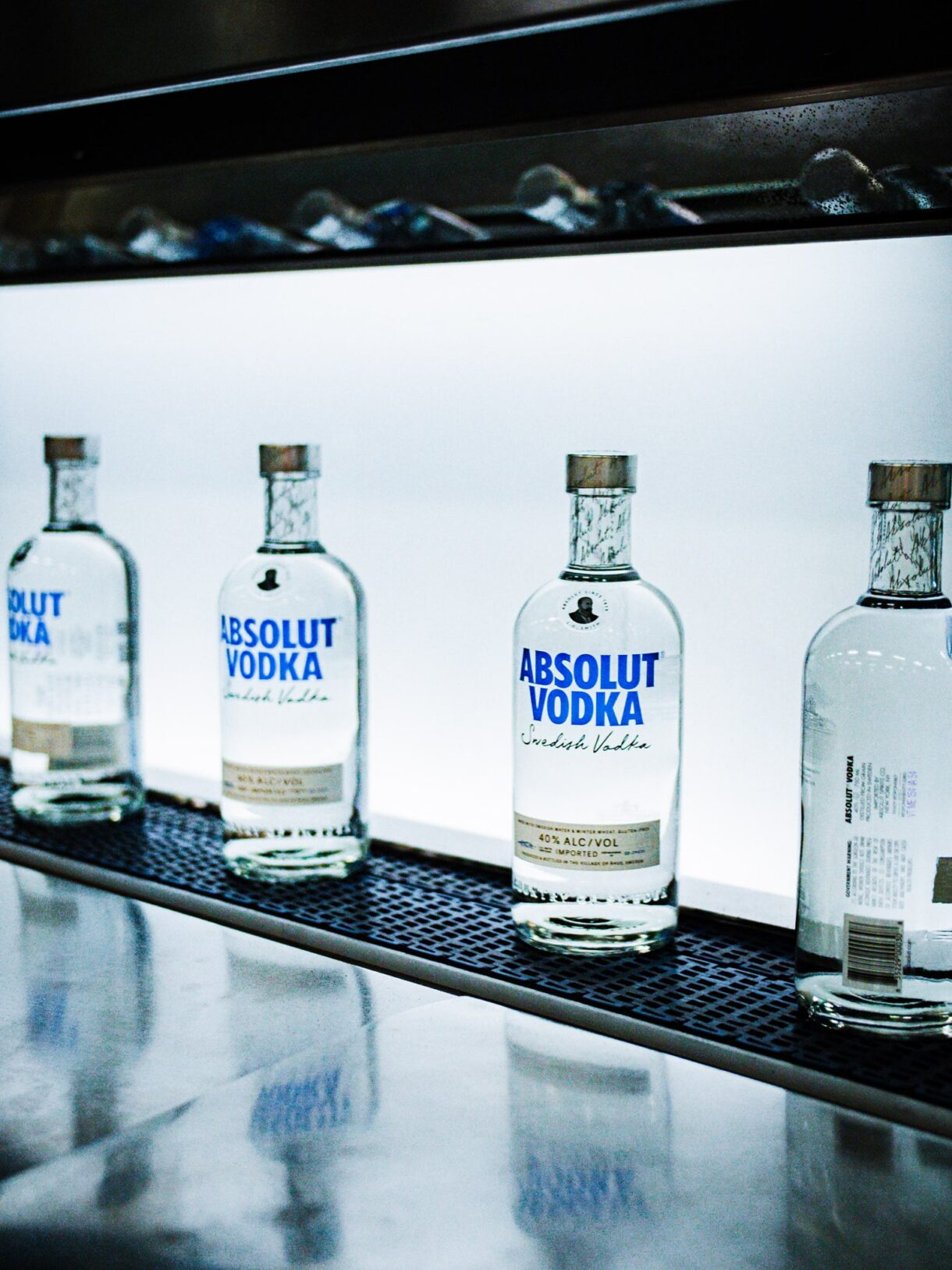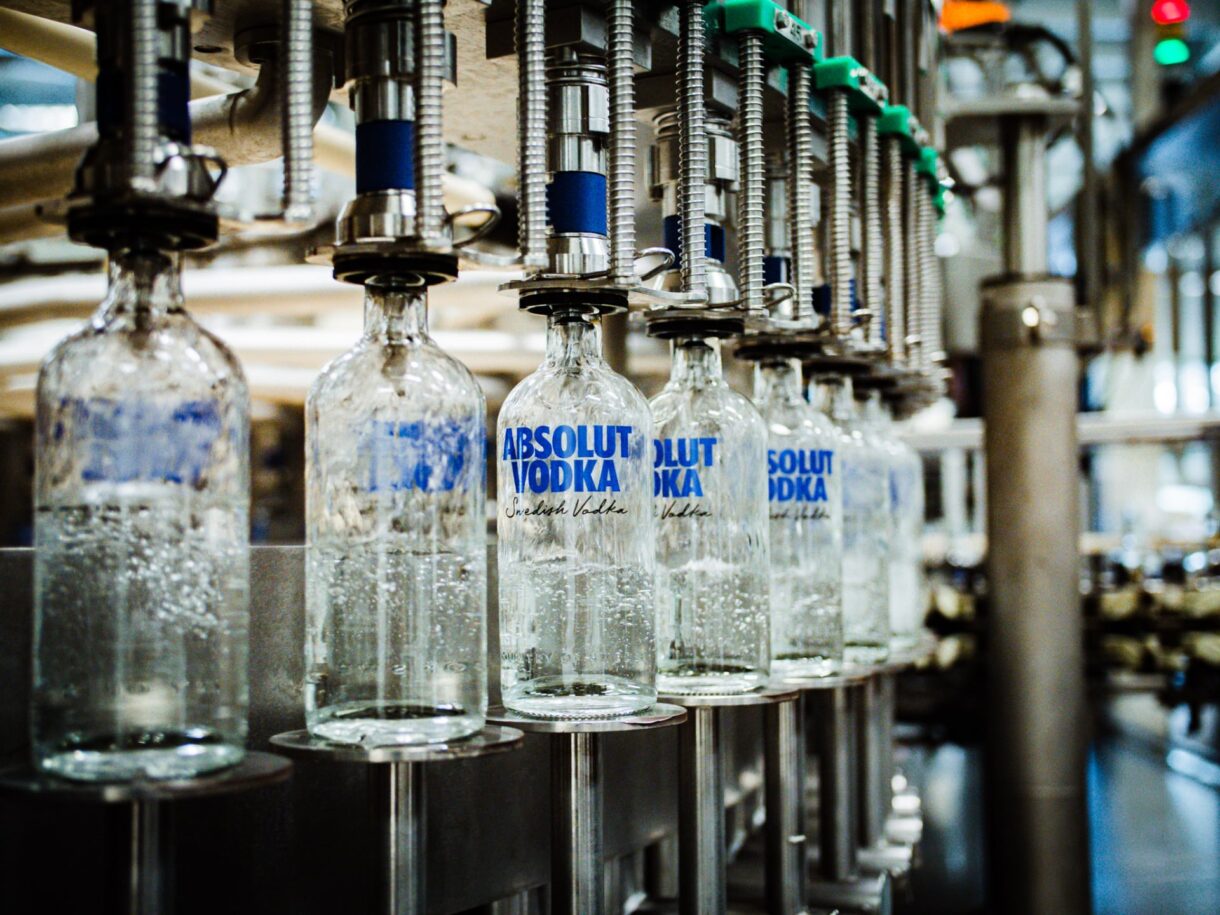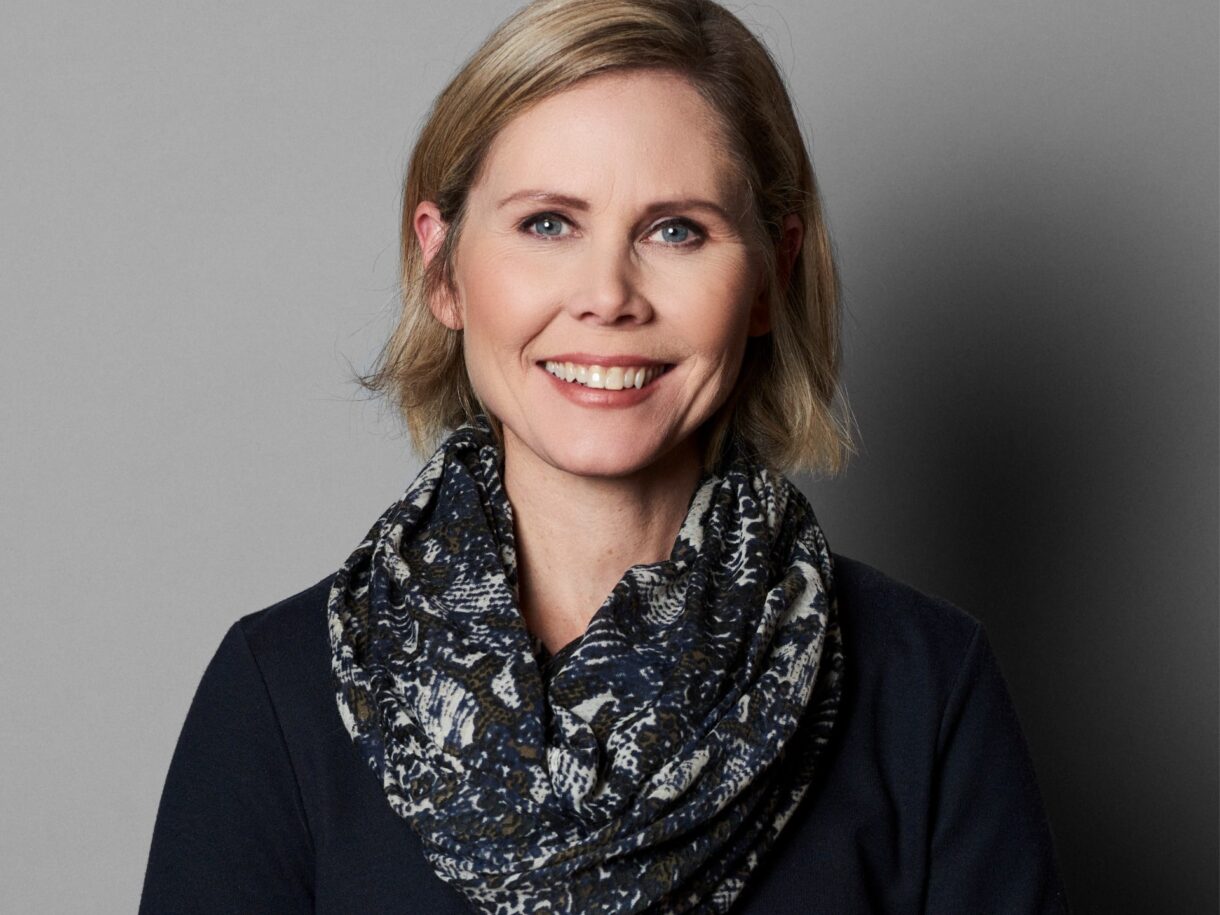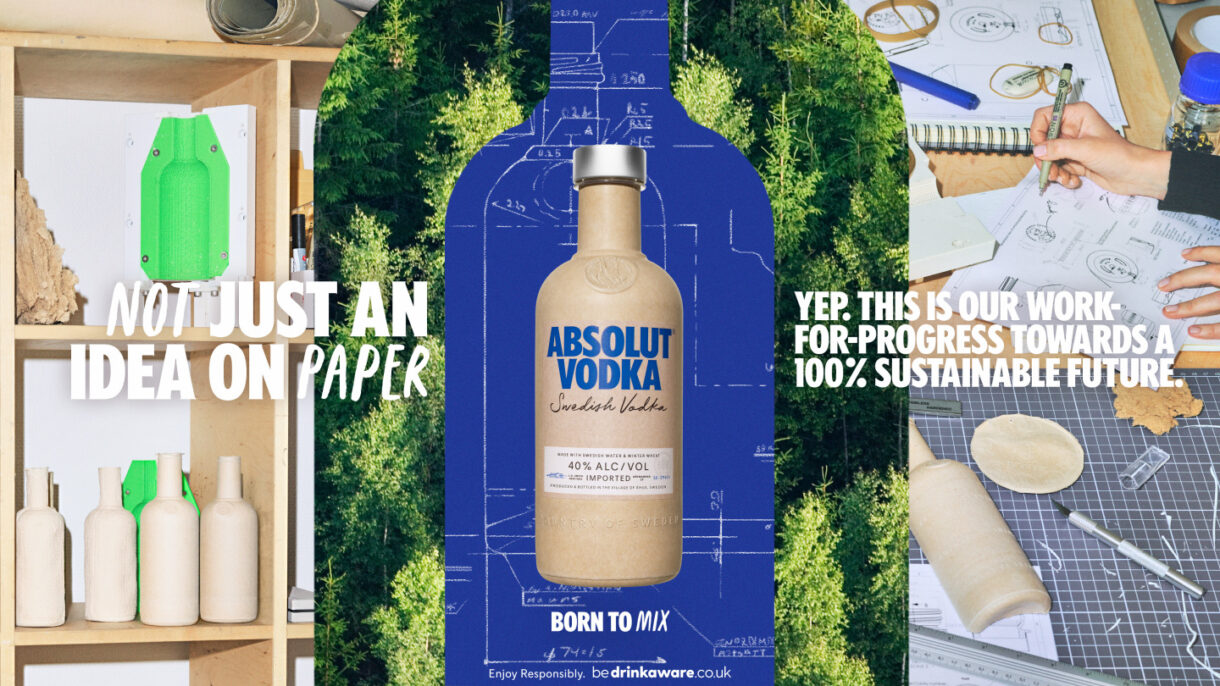
A global spirits industry first with a hydrogen-fired glass furnace
We are switching to a partly hydrogen-fired glass furnace for large-scale production in a significant step to reduce the CO2 emissions from the making of our iconic Absolut Vodka bottles.

The glass manufacturing industry needs urgent transformation to meet supply challenges and sustainability needs – and the world can’t afford to wait for the perfect solution. We believe that a bold and innovative approach is needed to accelerate radical change – and we, in collaboration with our glass manufacturing partner of 40 years, Ardagh Glass Limmared AB, have made a start.
Our hydrogen initiative is an important milestone for Absolut Vodka in reducing its product carbon footprint – and a prerequisite for being able to do that is reducing the carbon footprint of its glass packaging. Ardagh is scheduled to launch a pilot replacing 20 per cent of its natural gas with green hydrogen to manufacture all of Absolut’s bottles across its portfolio in the last quarter of 2024. This means a full-scale change in the continuous production of Absolut bottles for all markets globally. The hydrogen is produced onsite at Ardagh by using renewably sourced electricity.
The use of hydrogen will reduce Absolut Vodka’s carbon footprint from the energy used for producing glass by around 20 per cent and is just the beginning. Ardagh plans to rebuild the dedicated furnace for Absolut bottles to a hybrid furnace in the pursuit of fossil-free production using 20 per cent hydrogen (or biogas) and 80 per cent electricity. If the growth continues the next step is to invest in a fully electrical furnace using green electricity.
Absolut Vodka’s iconic bottles are responsible for around half of the product’s total carbon emissions. “Our ambition is for the glass production to be free from use of fossil fuels,” says Johan Blixt, Director Supply Chain at Absolut. “The next phase with the new furnaces will remove natural gas completely.”
Meanwhile, the global glass manufacturing industry produces at least 86 million tonnes of carbon dioxide every year.* Little wonder, an industry-wide quest for reducing climate impact is taking place. Combined with other innovations and sustainability initiatives, new technologies such as hydrogen furnaces will reduce carbon emissions from glass production significantly.
“Our industry needs to be independent from fossil fuels and transition at pace to using green energy. By investing in this new technology, we are embarking on a journey to reduce the carbon footprint of our glass packaging,” says Bo Nilsson, Managing Director of Ardagh Glass Limmared AB. “There are challenges with such innovation, but we are committed to being an early mover in future-proofing our glass manufacturing operations worldwide.”
Our industry needs to be independent from fossil fuels and transition at pace to using green energy. By investing in this new technology, we are embarking on a journey to reduce the carbon footprint of our glass packaging.
Bo Nilsson, Managing Director of Ardagh Glass Limmared AB
86
million tonnes of CO2 is produced by global glass manufacturing industry a year
43
per cent of Absolut Vodka’s total carbon footprint relates to glass production
15
per cent is the amount the use of hydrogen will reduce Absolut’s carbon footprint by 2030
* Global material flow analysis of glass: From raw materials to end of life.


